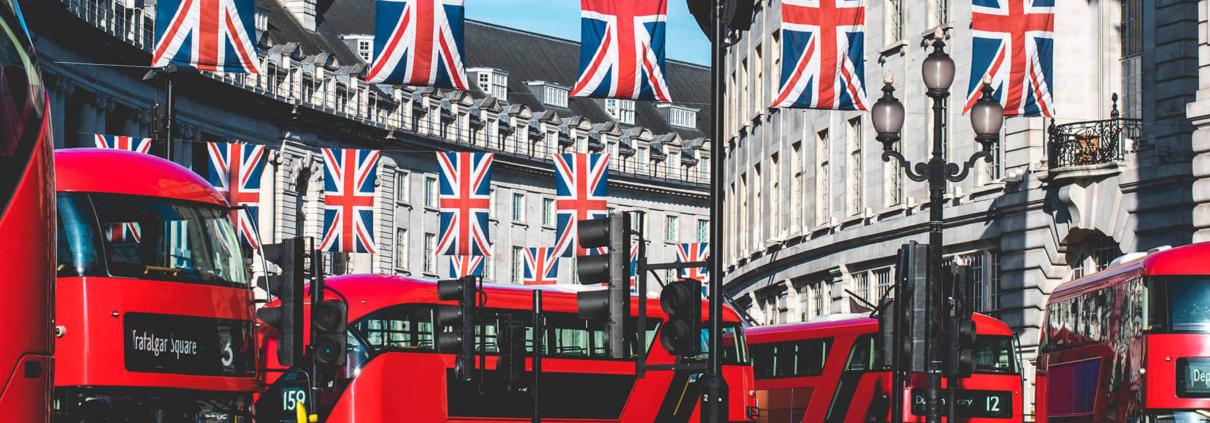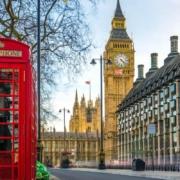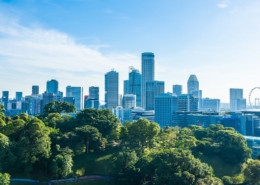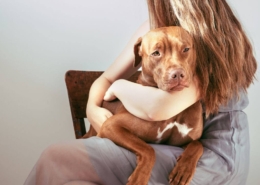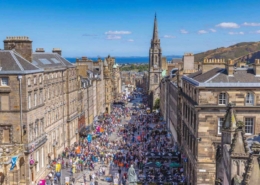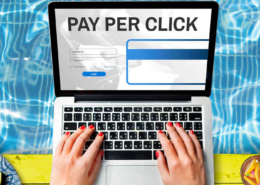Tax on Airbnb Income in London – A Comprehensive Guide for Hosts
How Much Tax Would I Pay On My Airbnb Income?
As the sharing economy continues to gain popularity, Londoners are increasingly turning to platforms like Airbnb to generate additional income from their properties. However, many hosts may not be aware of the tax implications of this newfound income stream. In this article, we will discuss the Tax on Airbnb Income in London and how to navigate it successfully.
Explore Why Airbnb in London is a Great Investment.
Check out Regulation of Airbnb in London: A Host’s Perspective.
Determining Your Tax Status: Rent a Room Scheme vs. Property Rental Business
Before diving into the world of taxes, it’s essential to determine your tax status. In the UK, you could be eligible for the Rent a Room Scheme, which allows you to earn up to £7,500 tax-free per tax year from letting out furnished accommodation in your home. To qualify, you must be a resident landlord (i.e., you live in the property). If your income exceeds the £7,500 threshold, you’ll need to report and pay tax on the excess amount.
For those who don’t qualify for the Rent a Room Scheme, your Airbnb income is considered a property rental business. This means you’ll need to report your rental income and expenses on a Self-Assessment tax return.
Useful links: Tax considerations for short term lettings and Responsible hosting in the United Kingdom – Airbnb Help Center.
Self-Assessment Tax Return: Registering and Reporting Your Airbnb Income
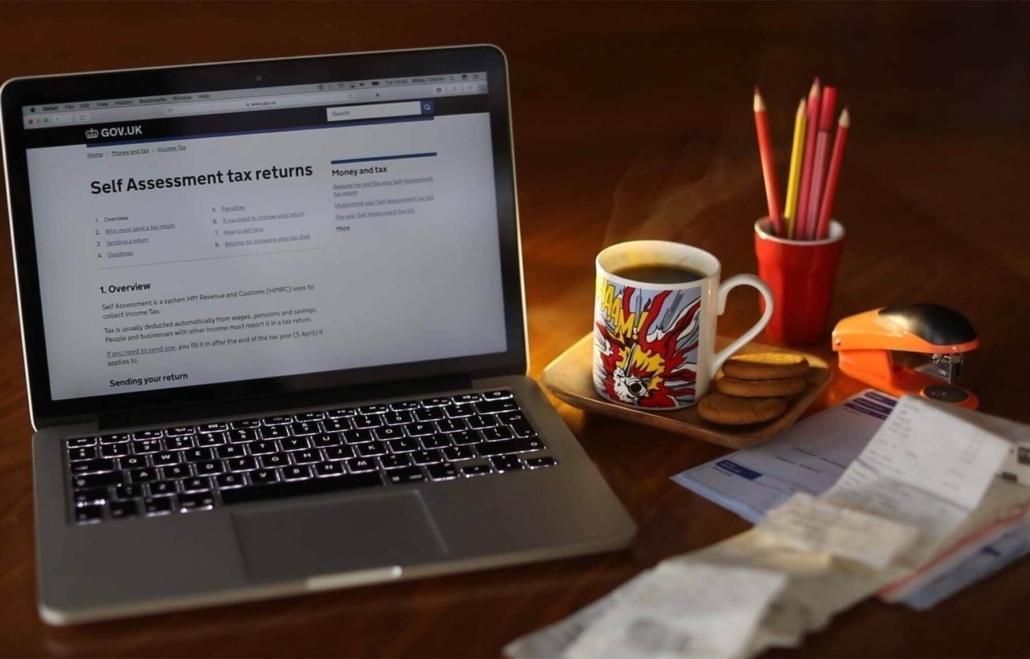
If you’re new to Airbnb hosting or have never filed a Self-Assessment tax return before, you’ll need to register for Self-Assessment with HM Revenue and Customs (HMRC). Once registered, you’ll receive a Unique Taxpayer Reference (UTR) number, which is required for submitting your tax return.
You must report your Airbnb income and related expenses on the property pages of your Self-Assessment tax return. It’s crucial to keep accurate records of your rental income and expenses throughout the tax year to make the process more manageable.
Income Tax Rates and Allowances: How Much Tax Will You Pay?
Your Airbnb income is subject to income tax at your marginal rate, which depends on your total taxable income for the tax year. In the UK, there are three income tax bands:
Basic rate (20%) for taxable income up to £50,270
Higher rate (40%) for taxable income between £50,271 and £150,000
Additional rate (45%) for taxable income over £150,000
Each tax year, you’re also entitled to a personal allowance, which is the amount of income you can earn before you start paying income tax. For the 2021/22 tax year, the personal allowance is £12,570.
Deducting Expenses: Reducing Your Taxable Income
As an Airbnb host, you’re allowed to deduct certain expenses related to your rental property from your taxable income. These expenses include:
- Cleaning and maintenance costs
- Utility bills (proportionate to the rental space)
- Property insurance
- Mortgage interest or rent (proportionate to the rental space)
- Airbnb service fees
- Advertising and marketing costs
It’s important to note that only allowable expenses can be deducted, and you must keep records to support these deductions.
Furnished Holiday Lettings: Are You Eligible for Tax Advantages?
If your Airbnb property meets specific criteria, it may qualify as a Furnished Holiday Letting (FHL), which comes with several tax advantages. To qualify, your property must be:
- Located in the UK or European Economic Area (EEA)
- Available for short-term rental for at least 210 days per tax year
- Actually rented for at least 105 days per tax year
FHLs enjoy several tax benefits, including claiming capital allowances for furniture and equipment, and potentially benefiting from Business Property Relief for Inheritance Tax purposes. Profits from FHLs also count as earnings for pension contributions, allowing you to contribute more to your retirement savings.
Value Added Tax (VAT): When Does It Apply to Airbnb Hosts?
In most cases, Airbnb hosts in London won’t need to register for VAT, as residential property rentals are generally exempt from VAT. However, if you provide additional services such as catering or events, you may need to register for VAT if your total taxable turnover from these services exceeds the VAT registration threshold, which is currently £85,000 per tax year. It’s essential to monitor your income from these services and consult with a tax professional if you’re unsure about your VAT obligations. Check out How VAT works: Overview – GOV.UK.
Council Tax: Your Responsibilities as an Airbnb Host
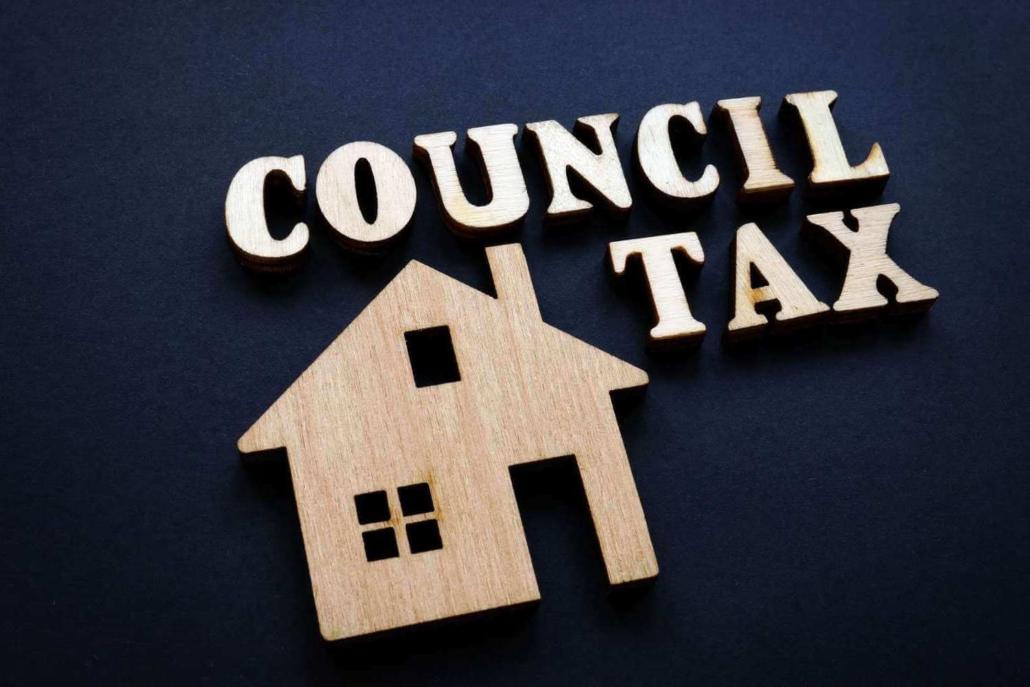
As an Airbnb host, you’re responsible for ensuring that your property meets local council tax requirements. In some cases, your property may be reclassified as a self-catering property, which could result in a higher council tax band. You should contact your local council to discuss your property’s council tax classification and any potential changes due to your Airbnb activity.
Introduction to Brussels Airbnb Income Tax
Conclusion: Stay Informed and Compliant
Understanding and managing the tax implications of your Airbnb income in London is crucial to ensure compliance with UK tax laws and avoid potential penalties. It’s always a good idea to consult with a tax professional or accountant who can provide guidance tailored to your specific situation. By staying informed and proactive, you can make the most of your Airbnb hosting experience while staying on the right side of the taxman.
Check out Houston Airbnb Income Tax and Tax on Airbnb Income in Dubai.

